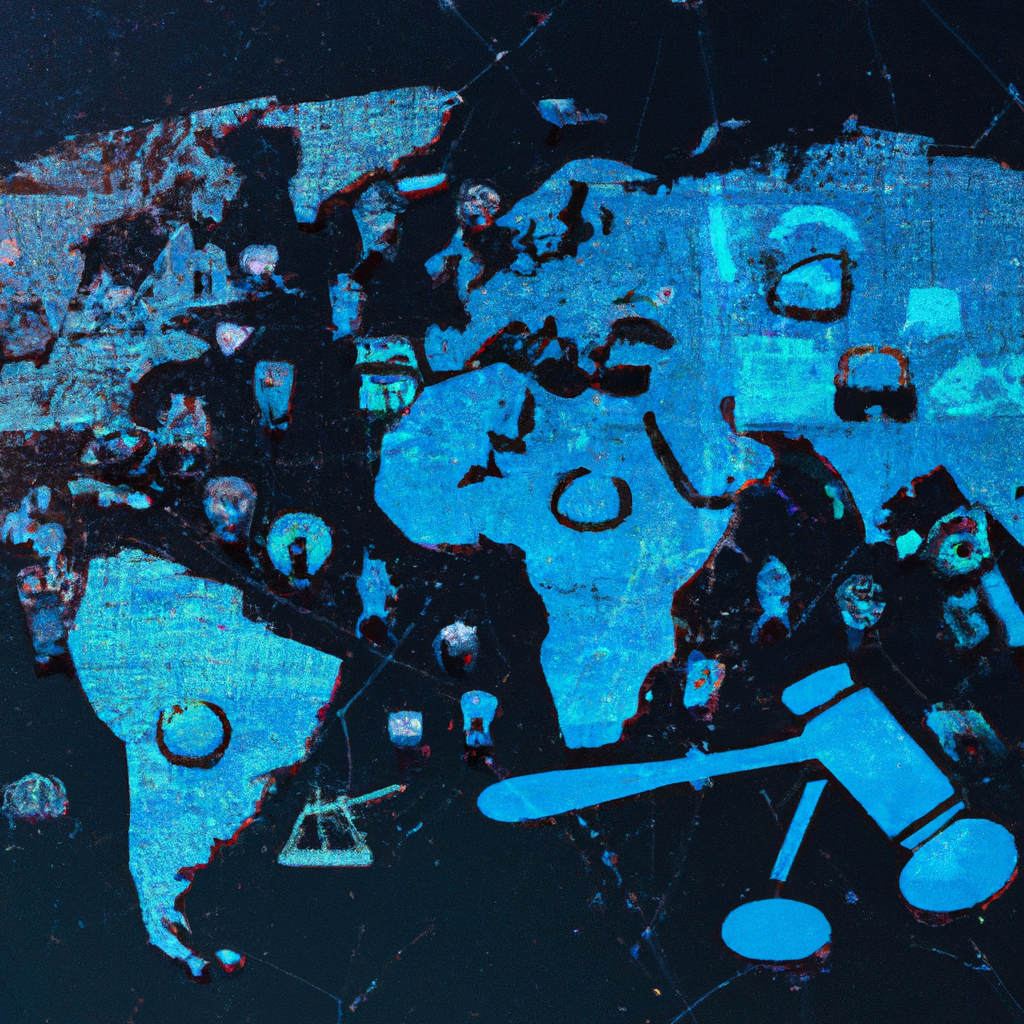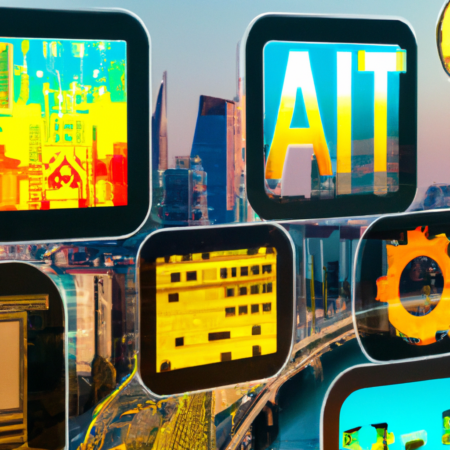Navigating the Complex Landscape of AI Ethics and Regulations in 2025
As we progress further into the decade, the intersection of artificial intelligence (AI) and regulatory measures continues to evolve, presenting a unique set of ethical challenges and legislative responses. The year 2025 marks a significant turning point in how global entities and local governments address the pressing concerns surrounding AI technologies.
Understanding AI Ethics
AI ethics revolves around the moral principles and techniques used to prevent AI technologies from causing harm, whether intentionally or unintentionally. Ethical AI involves considerations related to bias, privacy, transparency, and accountability.
Current Regulations in Place
By 2025, several countries have established frameworks that guide the development and deployment of AI systems. The European Union’s AI Act, initially proposed in 2021, has been fully implemented, setting a precedent for comprehensive AI legislation.
Implications for Businesses
Businesses now face stricter compliance requirements, which include conducting impact assessments for high-risk AI applications and ensuring transparency in AI-driven decisions. This shift not only affects tech giants but also smaller enterprises striving to integrate AI ethically.
AI in Governmental Surveillance
The use of AI in surveillance has prompted widespread debate over privacy rights. In 2025, regulation focuses heavily on balancing state security interests with individual privacy rights, requiring robust justification for the deployment of AI in public monitoring.
The Future of AI Ethics and Regulation
Looking forward, we anticipate ongoing discussions and amendments in AI regulations as technology continues to advance. Constant vigilance and adaptive legislation will be crucial in ensuring AI benefits society while mitigating potential harms.






